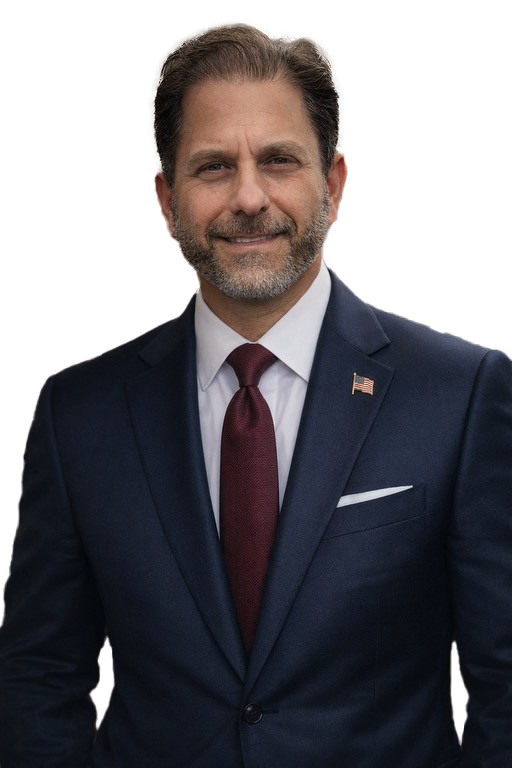Brown: Statement on Hochul’s Congestion Pricing Implementation
A statement from Assemblyman Ari Brown (R-Cedarhurst)
“As a lifelong New Yorker and Long Islander, I am opposed to the implementation of congestion pricing. While it may be touted as a solution to alleviate traffic woes and promote sustainability, I firmly believe congestion pricing is a flawed and unjust approach that will have detrimental effects on the lives of ordinary citizens.
“First and foremost, congestion pricing is essentially a regressive tax on drivers and the citizens who live within the city’s boundaries.
“Congestion pricing disproportionately affects low-income individuals who rely heavily on their vehicles to commute to work, drop children off at school or access essential services. These individuals may not have the luxury of living near public transportation or have flexible work hours, making them the most vulnerable to the financial burden of this pricing scheme. It is deeply unfair to punish those who cannot afford alternatives.
“Congestion pricing will hurt local businesses and the economy as a whole. Imposing additional costs on delivery trucks, delivery drivers and commercial vehicles will force businesses to pass these expenses on to consumers, leading to higher prices for goods and services. This will exacerbate inflation and impact the purchasing power of citizens already grappling with economic challenges.
“The argument for congestion pricing is often based on its potential to reduce traffic congestion and emissions. In reality, the impact on traffic flow is not as significant as proponents claim. Studies have shown that while some areas may experience temporary relief, congestion tends to shift to neighboring streets and areas outside the pricing zone. This can create new traffic problems in previously unaffected neighborhoods.
“The environmental benefits of congestion pricing are questionable at best. A reduction in emissions might occur within the affected zone, but vehicles could be forced to take longer alternative routes or idle in traffic outside the zone, offsetting any positive effects.
“A more comprehensive approach, such as investing in public transportation options andseriously improving roadways and infrastructure, would be more effective in achieving meaningful environmental gains.
“Congestion pricing can create a divide between those who can afford the fees and those who cannot. The wealthy can navigate the system with ease, while the less fortunate are left with reduced mobility and fewer opportunities in the urban landscape. This only exacerbates existing inequalities in society.
“The implementation of congestion pricing often comes with a hefty administrative and operational cost, setting up tolls and infrastructure, all of which are costly, all of which will be borne by the taxpayer.
“Congestion pricing may appear attractive on the surface as a potential solution to traffic and environmental challenges, but ultimately it is a regressive, ineffective and unjust approach that disproportionately burdens the most vulnerable in our society, negatively impacts businesses and the economy and fails to deliver the promised environmental benefits.
“We should explore more comprehensive solutions to address urban challenges and create a thriving environment for all citizens. For these reasons, I will always vote against any such method of taxation.”
